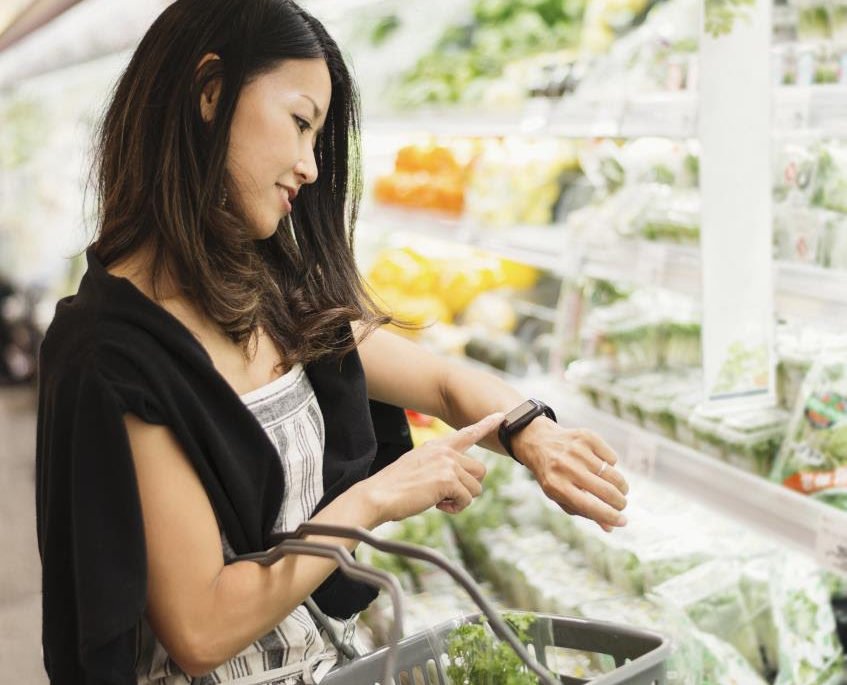Connected devices have officially made it into the mainstream. The Apple Watch and Google Home are just examples of how smart technology has entered our collective consciousness. Sales of smart watches and smart speakers are booming the world over. Household ownership of smart watches rose from 3 per cent in 2015 to 12 per cent in 2016; and Google Home’s launch in the UK last month fuelled a market expected to grow to £7 billion globally by 2022.
But are enough retailers making the most of the opportunities these devices can bring?
Home delivery firm, Fastlane’s head of consumer research, David Jinks MILT, warns smart devices will transform shopping in just a few years – and retailers will have to move smartly to keep up with changing consumer habits.
“The Apple Watch is already a boon to lazy shoppers like myself. Ocado and Just Eat apps are accessible all the time; and make it easy to book home deliveries on the go,” he explains.
But it’s not only pure-play online retailers who benefit from the new tech, he says.
“If it’s a local shop I’m after, clever tools like Find Near Me are great for hunting down nearby stores. And look out for Watch List; you check off the items on your list as you go, and the app even re-orders the list to follow the layout of your local supermarket next time.”
But Jinks warns this is another reason to be concerned for the future of the high street.
“Online specialists and larger retailers are going to hoover up sales from stores that don’t have apps or appear on third party ones. And next generation apps will really have the smarts. Based on location and history, they will be able to tell an in-store customer they are passing a product they need, or a sales promotion they will be particularly interested in.”
Meanwhile voice shopping has made smart speakers all the more attractive to today’s connected shopper. Echo users are already used to asking Alexa to ‘order dog food’ and so on through Amazon Prime. This is obviously good news for Amazon but bad news for other sellers, says Jinks. Third party stores can literally up-skill to ensure they don’t miss out.
“Companies like Just Eat have created app-like “skills” for the Echo to re-order takeaways. ShopSavvy even tells shoppers if a particular product is on sale at a particular store. That means if Echo users ever leave their couch again; they at least won’t have a wasted journey!”
In terms of the parcel delivery sector, Hermes has a “skill” for Alexa, which enables users to track a parcel easily from home, as does DPD’s new “skill”, launched this week in Germany, which also alerts users to the 60-minute delivery window.
“Consumers and retailers are already buying, selling and shipping with these new technologies. But many retailers haven’t even produced responsive sites that work with mobile phones,” Jinks warns. “Smart tech could hit many retailers where it really smarts – their bottom line.”






